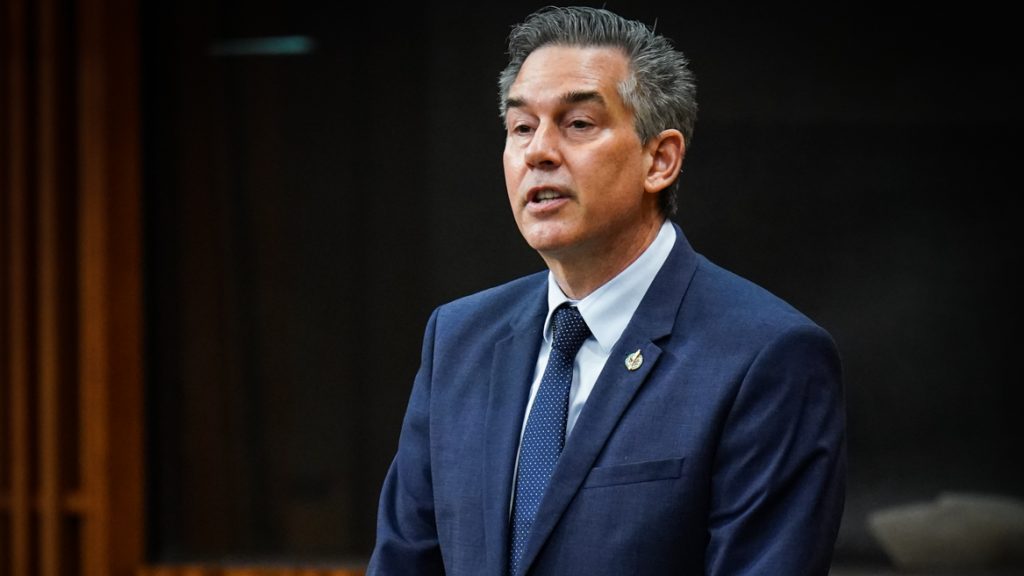Russia’s Putin visits Germany, France amid deep differences over conflict in Syria
Posted Jun 1, 2012 04:21:45 AM.
This article is more than 5 years old.
BERLIN – Vladimir Putin can expect to face pressure from the leaders of Germany and France for a change of heart on Syria when he visits Berlin and Paris on Friday — but there’s little sign that the Russian president is prepared to tighten the diplomatic screws on Bashar Assad.
Putin’s meetings with German Chancellor Angela Merkel and, later, with new French President Francois Hollande are part of his first foreign trip since returning to the Russian presidency.
The visit to the 17-nation eurozone’s two biggest economies, after a stop in Belarus on Thursday, reflects a policy course driven primarily by Russia’s economic interests.
Still, Germany and France — both members of the U.N. Security Council and France, like Russia, a veto-wielding permanent member — will want to bend Putin’s ear on the escalating crisis in Syria.
Russia, along with China, has twice shielded Syrian President Assad’s regime from United Nations sanctions over his crackdown on protests. Syria is Russia’s last ally in the region, providing Moscow with its only naval base outside the former Soviet Union and serving as a top customer for Russian weapons industries.
Germany and France are among Western powers that sought to isolate Assad further by expelling Syrian ambassadors after the massacre of more than 100 people in Houla, nearly half of them children, provoked international outrage.
Merkel’s spokesman, Steffen Seibert, said this week the chancellor would try to convince the Russians “to ensure, like us, that the right decisions regarding the Assad regime are made at the U.N.”
Merkel herself declined to spell out her expectations on Thursday. While she conceded differences with Russia, she said that “we also have a certain amount of common ground when it comes to securing human rights and bringing these terrible human rights violations to an end.”
“What Mr. Assad is doing there can in no way be reconciled with what human rights demand of us,” she said. “What is happening in Syria is a catastrophe and we will do everything to ease people’s suffering.”
Nearly 300 U.N. observers have been deployed around Syria to monitor a cease-fire that was supposed to go into effect April 12 as part of a peace plan negotiated by international envoy Kofi Annan, but the plan has been unraveling amid daily violence.
Western leaders have talked about how the Security Council can act to ensure the Annan plan’s implementation but, Merkel conceded Thursday, “the prospects are really bad.”
On Wednesday, Putin’s spokesman, Dmitry Peskov, was quoted as saying by the ITAR-Tass news agency Wednesday that “there can be no talk” about a shift in Russia’s stance on Syria under foreign pressure. He said Russia’s course has been “consistent and well-balanced.”
There appears to be little serious prospect at present of any Western push for military intervention.
On Thursday, U.S. Secretary of State Hillary Rodham Clinton said Russia and China would have to agree before the U.S. and other nations engage in what could become a protracted conflict in support of a disorganized rebel force. And she cited a host of other hurdles to successful military action.
But she was pointedly critical of Russia.
“The Russians keep telling us they want to do everything they can to avoid a civil war, because they believe that the violence would be catastrophic,” she said, noting they are “vociferous in their claim that they are providing a stabilizing influence.”
“I reject that,” she said, complaining that Russia was propping up Assad’s regime. Some 13,000 people have died in 15 months of uprisings.










